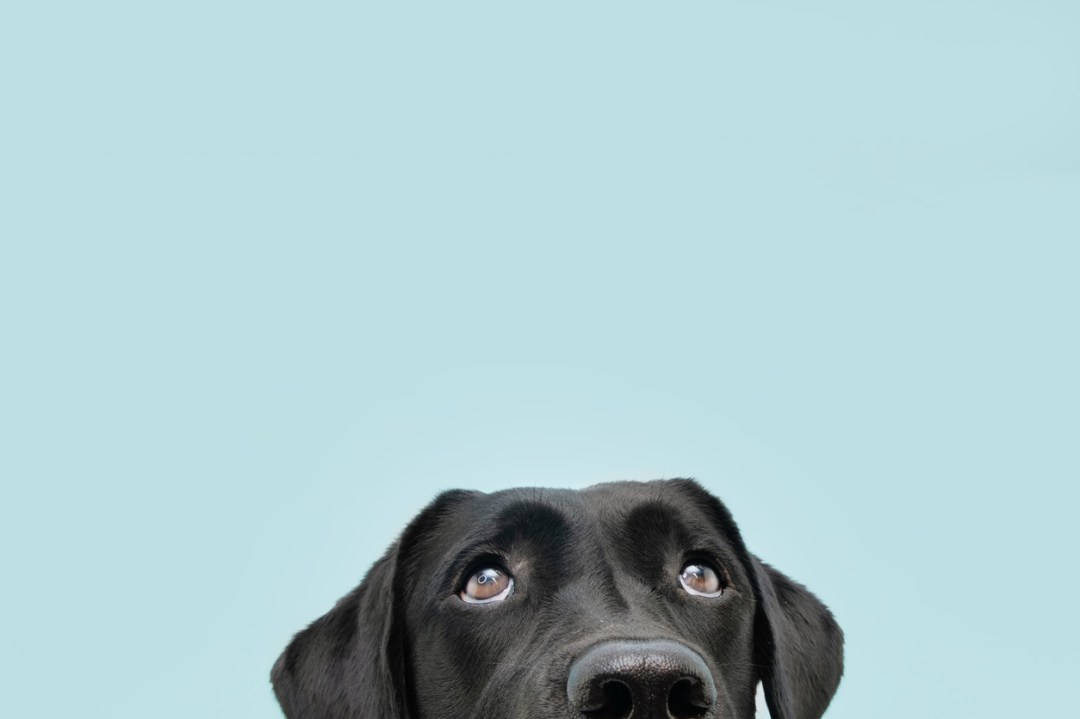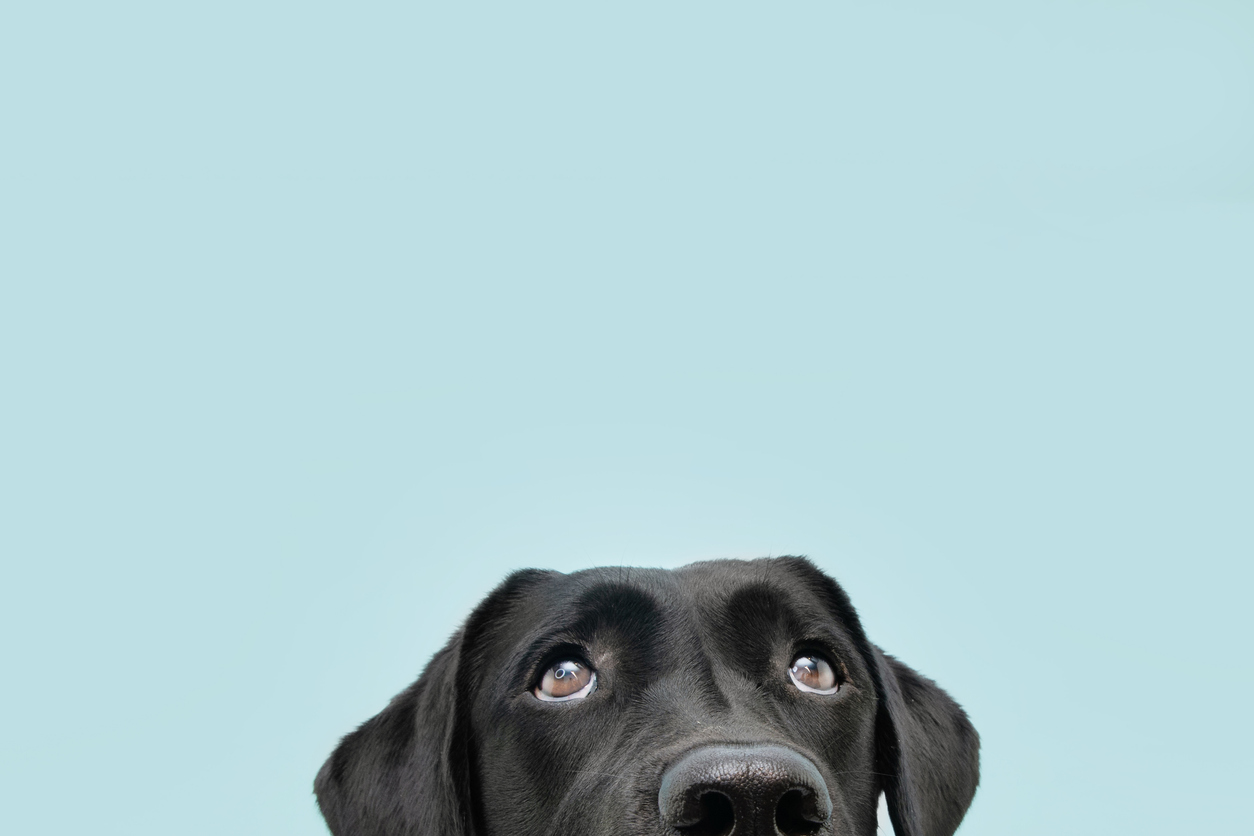It happens a couple of times a week: in parks, usually; sometimes outside shops, on Tube trains or in pubs. ‘What kind of dog is he?’ they’ll ask. I answer: ‘Bearded collie crossed with a greyhound which comes out looking like a deerhound but is actually a lurcher.’ But this is pointedly preceded by: ‘She’s a…’ I don’t like to be rude when strangers are being interested and congenial, but I feel compelled to quietly make the point that the dog they’re expressing interest in is not a he but a she.
News emerged this month that God might be becoming gender neutral. Or at least, certain factions of the Anglican church are considering whether it’s time to stop assuming that the Christian deity is male and instead to become more inclusive by, for example, using they/them pronouns. With this development, dog ownership is surely the last walk of life – or perhaps walkies of life – in which, in relation to gender, the popular mindset remains Victorian. Because, as until now with God, and historically with doctors but not nurses, there’s a widespread assumption of maleness in dogs.
My female dogs have been misgendered by MPs, teachers, doctors of both genders, priests. Tammy once got referred to as ‘he’ by Emily Maitlis while playing with her whippet at Corfe Castle
I’ve had two female dogs over three decades and I continue to be amazed by how many people – very often people who, in all other circumstances, are politically and socially right-on – assume that all dogs are male. Misgendering, as this is known, is so normal that no one seems the slightest bit embarrassed even when their sexist misconception is pointed out.
‘He’s so fast!’ they’ll say as Tammy streaks past. Or ‘He thinks I have some treats in my pocket!’ as she nuzzles them. ‘Yep, she just loves to run/eat,’ I’ll reply, expecting mortification but receiving only more cheery dog chat.
My female dogs have been misgendered by MPs, teachers, doctors of both genders, priests. Tammy once got referred to as ‘he’ by Emily Maitlis while playing with her whippet at Corfe Castle. I don’t think she’d make that mistake with one of her interviewees.
To be fair Tammy does have a beard. But then so did that Austrian singer who won Eurovision and the BBC team covering that competition would sooner have plucked out their own eyeballs than refer to her as a man.
Strangely the same misgendering phenomenon doesn’t seem to happen nearly so much with cats – which is counterintuitive as the feline physique makes visual gender identification significantly more difficult. Perhaps cats are inherently more female-seeming, dogs more male – I don’t know.

Dreamies – those highly addictive feline snacks, which I use as rewards for our dogs as they seem to prefer them to the canine-marketed equivalents – are currently running an LGBT promotion with rainbow flags on their packaging. I think they are missing a trick by addressing this material around gender identity solely at the human owners rather than at pets themselves.
There’s another aspect in all this which further complicates things: the existing canine terminology simply isn’t fit for purpose. The recognised term for a male dog is… ‘dog’. It is not really helpful in making a distinction – and, as you’re of course aware, the female term, ‘bitch’, carries quite a lot of negative cultural baggage. The b-word has been appropriated by misogynists, rappers, misogynist rappers, Jackie and Joan Collins, and the bitchy in general – see Kate Moss and her infamous ‘basic bitch’ jibe. I would like to argue that it’s time to reclaim the b-word for Tammy and her peers in the canine sisterhood, but I rather fear its misuse has gone too far for that to be viable.
So, while I abhor infantilisation of language in almost every other context, the issues around both ‘dog’ and ‘bitch’ as gender-differentials means that in this field there really is no other course available: we simply have to resort to terms like ‘boy dog’ and ‘girl dog’. (Though this certainly should not open the door to wider anthropomorphism; anyone using terms like ‘fur babies’ should continue to be shunned.)
Given how fraught issues around identity and gender can become in other areas of modern life, it’s perhaps odd that the victim of all this disrespectful misgendering seems completely unbothered by it herself. Give Tammy a Dreamie and she’s anyone’s. But for me it still rankles. It’s everyday canine sexism and it has no place in our parks.







Comments